Apr 18, 2019
Light-based, 15-second scan aims to replace painful mammograms
Posted by Quinn Sena in categories: bioengineering, biotech/medical, neuroscience
Up to 50% of women skip potentially life-saving mammograms often because the procedure can cause extreme discomfort and pain. Now researchers have developed a painless, light-based, non-radioactive, 15-second procedure that could revolutionize breast cancer screening and save lives.
Although early detection of breast cancer can significantly increase survival, the radioactive X-ray that requires painful squeezing of the breast to get a good picture is an event that women do not look forward to. Now Caltech researcher Lihong Wang, Ph.D., Bren Professor of Medical and Electrical Engineering, and his colleagues are using their expertise in imaging tissues with light and sound to address this problem. Their development of a revolutionary breast scanning system known as photoacoustic computed tomography (PACT) is reported in the June issue of Nature Communications.2
“The technique developed by Wang and his colleagues combines light and sound to peer noninvasively into tissues without the radioactivity of an X-ray,” explained Behrouz Shabestari, Ph.D., director of the Program in Optical Imaging at the National Institute of Biomedical Imaging and Bioengineering, which funded the study. “PACT is also superior to MRI, which is expensive and sometimes requires the injection of contrast agents, commonly gadolinium. Gadolinium cannot be used in individuals with kidney disease and has recently been shown to accumulate in the bones and brain with unknown long-term effects.”
Continue reading “Light-based, 15-second scan aims to replace painful mammograms” »
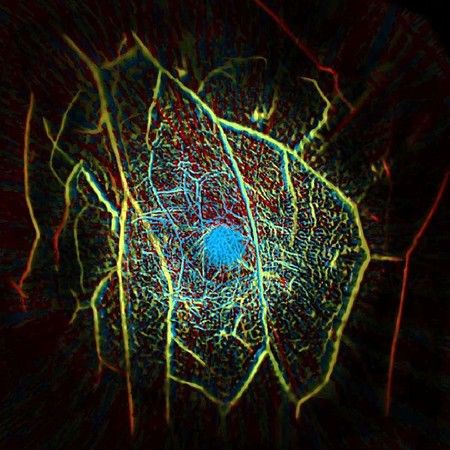
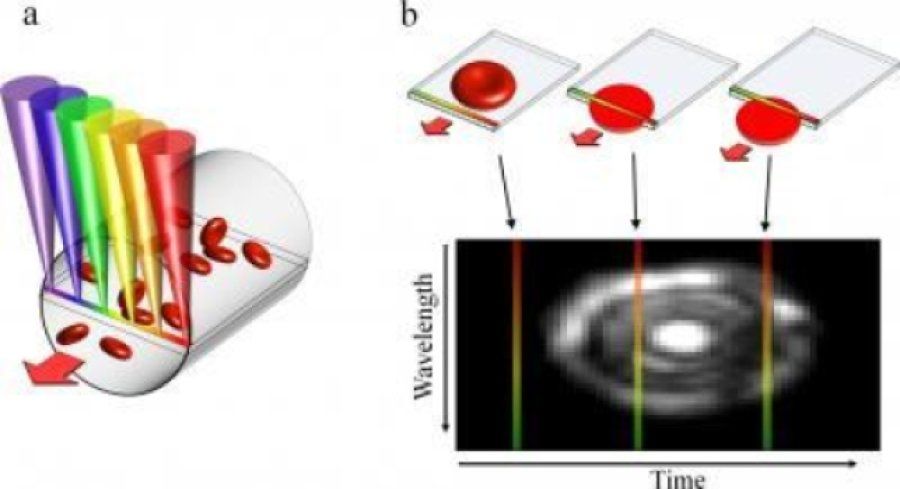
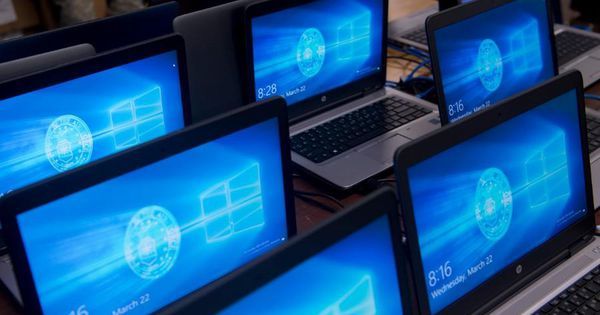

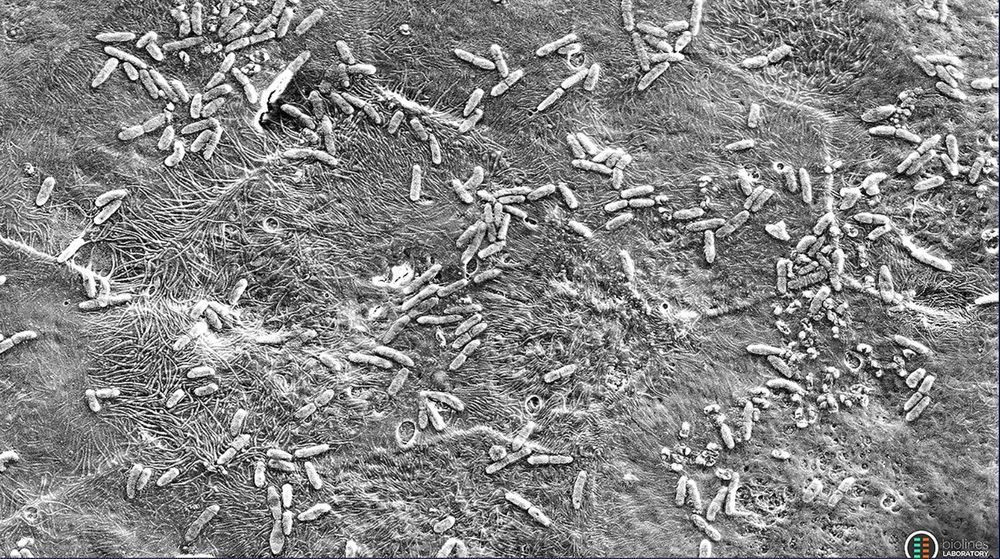
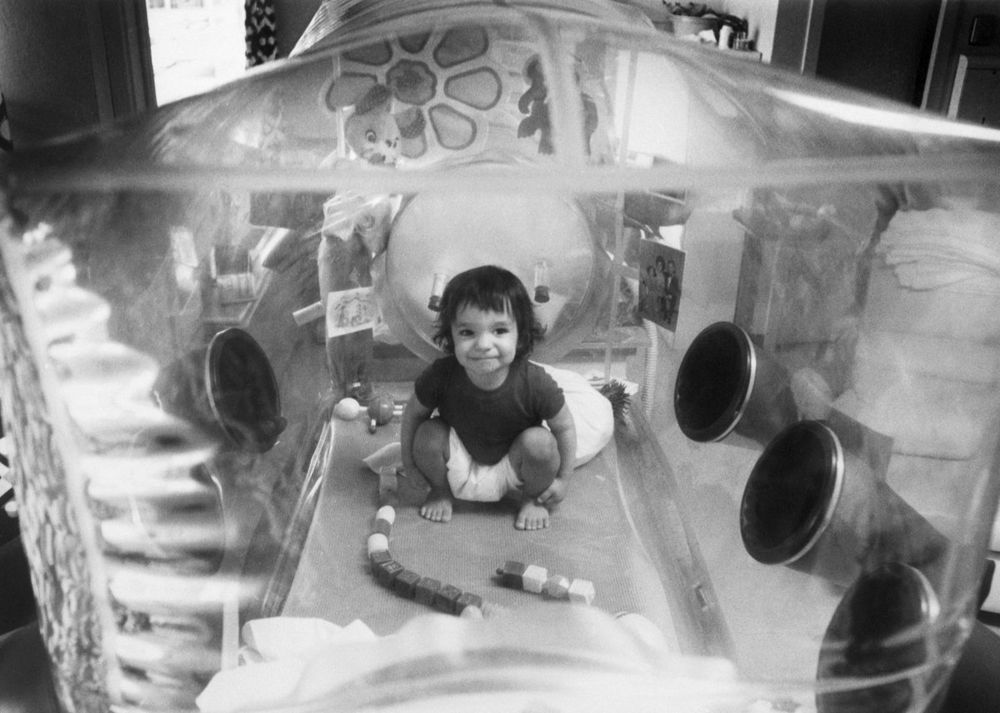
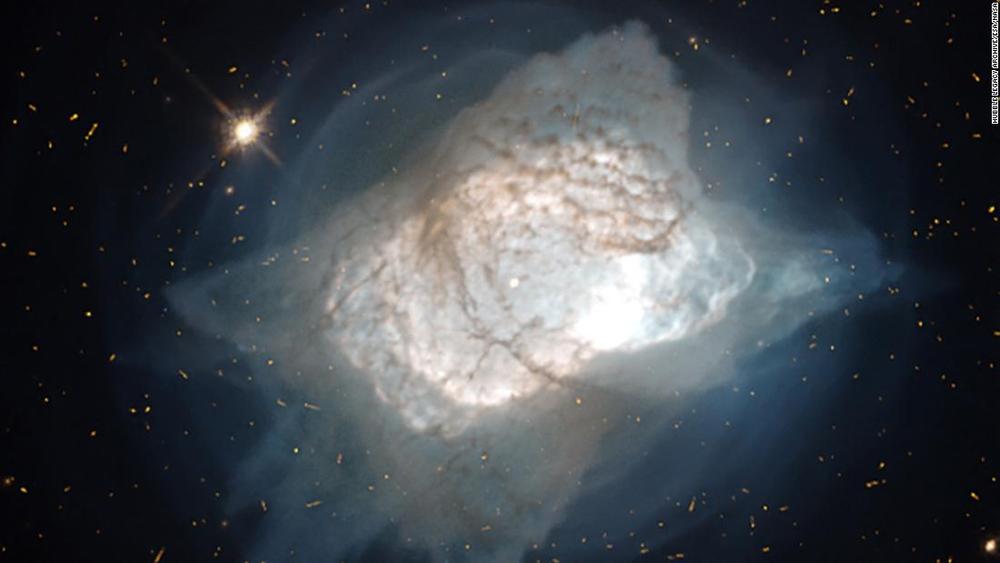
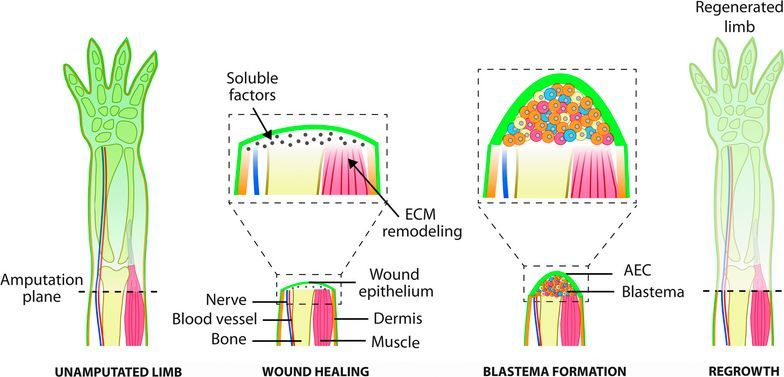

 The global “
The global “








